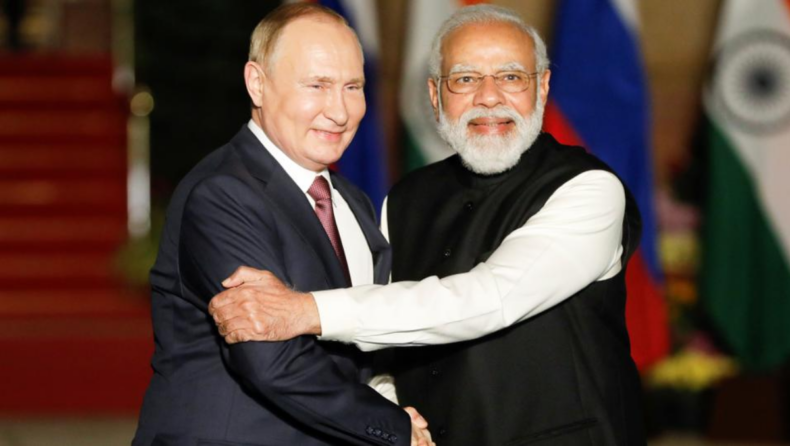Indian firms have started purchasing Russian coal by exchanging dollars for Asian currencies. They’re bypassing the U.S. dollar and reducing the danger of violating Western sanctions against Moscow. Payments made in yuan, euro, Hong Kong dollar, and UAE dirham were most common in the month of June.
Indian corporations are increasingly utilizing Asian currencies to pay for Russian coal imports, according to customs documents and industry sources. They’re bypassing the U.S. dollar and reducing the danger of violating Western sanctions against Moscow.
Reuters had previously reported on a significant Indian coal sale that involved the Chinese yuan; but the customs data highlights how now the non-dollar settlements are becoming increasingly prevalent.
India increases coal & oil purchasing during & post Russia- Ukraine conflict
Since the start of the conflict in Ukraine, India has aggressively increased its purchases of Russian oil and coal. Thereby its been cushioning Moscow from the consequences of sanctions and enabling New Delhi to get raw commodities at lower prices than other countries.
India’s imports increased by more than a fifth compared to the previous month, to a record 2.06 million tons. As a result, Russia became India’s third-largest supplier of coal in the month of July.
Alternative currencies used by Indian purchasers
Indian purchasers paid in currencies other than U.S. dollars for at least 742,000 tons of Russian coal in June. (This data is provided according to a summary of agreements created by an Indian trade source using customs documents and shared with Reuters). This accounted for 44 percent of the 1.7 million tons of Russian imports that month.

In recent weeks, Indian steelmakers and cement producers have made purchases of Russian coal using the euro, yuan, Hong Kong dollar, and United Arab Emirates dirham as their currencies of choice.
In June, payments made in currencies other than the United States dollar for Russian coal were predominantly made in yuan (31%). This was followed by the Hong Kong dollar (28%). According to the data obtained from the source of trade, the euro accounted for somewhat less than a quarter, and the Emirati dirham contributed somewhere around one sixth.
RBI’s policy on dollar & non- U.S. Dollar based coal purchases
The Reserve Bank of India (RBI) has given its approval for payments for commodities to be made in Indian rupees. With this step, the RBI anticipates an increase in bilateral commerce with Russia in Indian rupees.
According to traders, the United States dollar has been the preponderant currency for Indian imports of commodities. The majority of the country’s foreign exchange reserves are denominated in the greenback.
If the transaction is being conducted in a currency other than the dollar, the lender may be required to settle the trade by sending dollars to bank branches located in the nation of the original currency. Another option is by sending dollars to banks with which the lender maintains financial ties, in order to obtain the currency being traded.
Two India based traders (requesting anonymity) who purchase coal for domestic customers and a trader based in Europe who deals with Russian coal anticipate an increase in the proportion of non-dollar transactions for Russian coal. This comes as banks and other parties seek ways to protect themselves from any further tightening of sanctions.
Indian companies are permitted to purchase Russian coal using U.S. dollars
Using ship tracking data and speaking with an Indian-based private customs agent, customs records for four of the eleven vessels in the trade source’s June summary of Russian coal trades was obtained by sources. These documents revealed transaction payments made in yuan, euro, and Emirati dirham.
Three additional vessels in the eleven transactions summarized by the dealer were acquired using the Hong Kong dollar and the yuan, according to two trade sources with knowledge of the transactions.
Ministries’ comments regarding the matter and obtained documents
The Indian Ministry of Finance, which is in charge of running the country’s customs board, did not reply to emails requesting confirmation of the documents’ authenticity. The Department of Commerce and Industry did not wish to comment on the matter either. The Reserve Bank of India also did not react to requests for comment that were made to them.
Read more: Oil prices fall as Libya provides crude oil output, global demand outlook weakens













